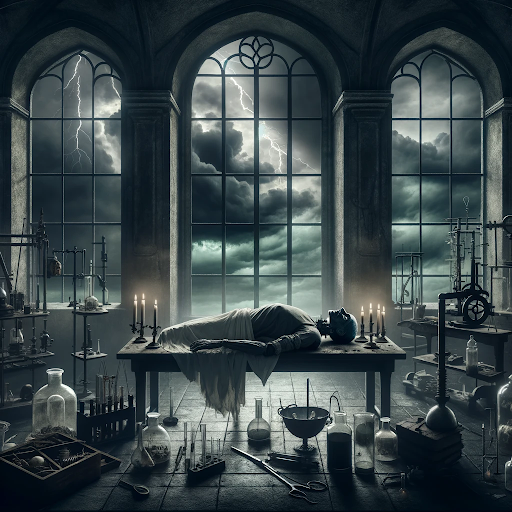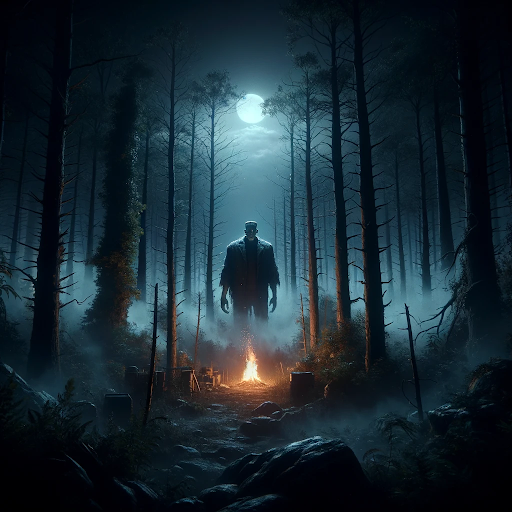“Frankenstein” by Mary Shelley
Updated: 22 November 23
22
Introduction
“Frankenstein” by Mary Shelley is not just a book; it’s a cornerstone of Gothic literature and a precursor to science fiction. Its themes of creativity, responsibility, and the limits of science continue to resonate with readers today. Mary Shelley, a young, intellectually voracious writer, crafted this novel blending her knowledge of science and philosophy with a profound understanding of human nature.

Author’s Background
Mary Shelley, the daughter of philosopher William Godwin and feminist Mary Wollstonecraft, was a literary prodigy. She wrote “Frankenstein” when she was just 18, during a summer stay with the poet Lord Byron and her future husband, Percy Bysshe Shelley. Her exposure to radical intellectual circles and her keen interest in emerging scientific theories profoundly influenced her writing.

Summary
“Frankenstein” narrates the story of Victor Frankenstein, a young scientist who creates a sentient being. The novel explores the fallout of Frankenstein’s ambition to defy natural laws. Through its intricate narrative structure and compelling characters, Shelley delves into themes of isolation, ambition, and the ethical boundaries of scientific inquiry.

Critical Analysis
Shelley’s novel is a masterpiece for its pioneering fusion of horror, science fiction, and Romantic literature. Its strengths lie in its profound philosophical questions and intricate narrative. However, some may find its verbose style challenging. Compared to other Gothic novels like Bram Stoker’s “Dracula,” “Frankenstein” stands out for its intellectual depth and emotional resonance.
Personal Reflection:
Reading “Frankenstein,” I was struck by the timeless ethical questions it raises about scientific advancement and moral responsibility. It’s a cautionary tale that becomes increasingly relevant in our age of technological and scientific leaps.

Recommendation
“Frankenstein” is a must-read for fans of classic literature, Gothic horror, and anyone interested in the philosophical implications of science. Its rich narrative and deep thematic content will engage both casual readers and literary scholars.

Conclusion of Frankenstein
“Frankenstein” by Mary Shelley is more than a classic; it’s a multi-layered exploration of human ambition and ethical dilemmas. Its relevance endures, prompting readers to ponder the consequences of our scientific endeavors.
Author Bio of the Reviewer
At My Review Book (MRB), our team brings a diverse array of literary expertise and a passion for in-depth analysis. We delve beyond the surface of narratives to uncover the deeper meanings and implications of the books we review.
Please Write Your Comments